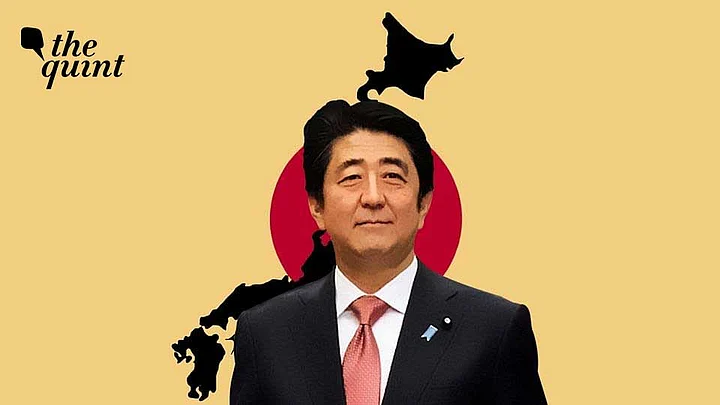Japan’s governing Liberal Democratic Party and its coalition partner scored a major victory in a parliamentary election on Sunday, 10 July, just two days after the assassination of former Prime Minister Shinzo Abe.
Early results in the parliamentary race for the Upper House showed Abe’s governing party and its junior coalition partner, Komeito, secure a majority and more in the chamber, AP reported.
The party and its coalition partner raised their combined share of seats within the 248-strong chamber to 146 seats – 22 seats more than the majority – during the election for half of the seats of the less powerful Upper House.
With this victory, Prime Minister Fumio Kishida stands to govern without interruption until the next scheduled election in 2025.
After Abe’s assassination, the last day of campaigning on Saturday was carried out under heightened security following a pledge by party leaders to renounce violence.
Japan’s longest-serving prime minister, Abe was shot during a campaign speech in Nara, stunning Japan's political machinery, given the rarity of gun violence in the country.
Kishida Observes Moment of Silence for Abe After Victory
Before placing victory ribbons next to the names of candidates who won, Kishida, along with senior party legislators, observed a moment of silence at their party election headquarters.
Elections to Japan’s Upper House of Parliament are usually a referendum on the incumbent government. A change in government was not at stake during the elections, since that is determined by the Lower House.
On Sunday, a top regional police official acknowledged that possible security lapses allowed the gunman to get close to Abe and fire his home-made gun at him.
Following the killing, Abe’s body was returned to his home in Tokyo’s Shibuya, with his wake and funeral expected to take place in the coming days.
The suspect, Tetsuya Yamagami, was transferred to a local prosecutor’s office for further investigation on Sunday, according to Reuters.
Yamagami told investigators that he acted due to a rumoured connection between Abe and an organisation that he resented but said that he had no problem with the former leader’s political views.
(With inputs from Reuters and AP.)
(At The Quint, we question everything. Play an active role in shaping our journalism by becoming a member today.)
